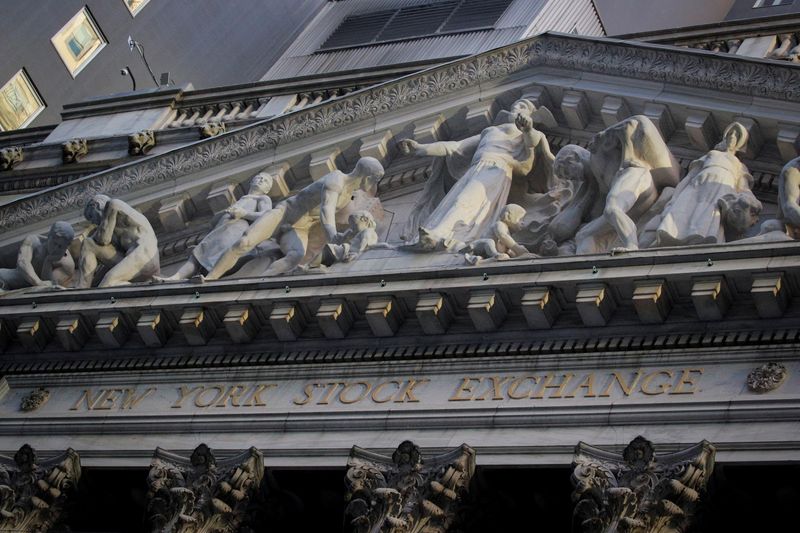This post was originally published on this site

WASHINGTON (Reuters) – Companies may go public on the New York Stock Exchange without forking out fat fees to Wall Street banks which typically underwrite such capital raisings, the U.S. securities regulator said on Tuesday.
The Securities and Exchange Commission approval of the NYSE’s “direct” listing plan threatens to overhaul the U.S. initial public offering market, by allowing aspiring public companies to sell shares directly to investors.
Investment banks have for decades organized IPOs, marketed them to institutions, and supported the stock via their trading desks.
The change, following months of industry haggling, will help reduce what critics call excessive underwriter fees, a major barrier to companies looking to go public. Investor groups, however, warned it could diminish their protections as the banks perform due diligence on the companies.
“The Commission finds that the Exchange’s proposal will facilitate the orderly distribution and trading of shares, as well as foster competition,” the SEC wrote in a Tuesday notice.
The plan was designed to “prevent fraudulent and manipulative acts and practices and to protect investors and the public interest,” it added.

